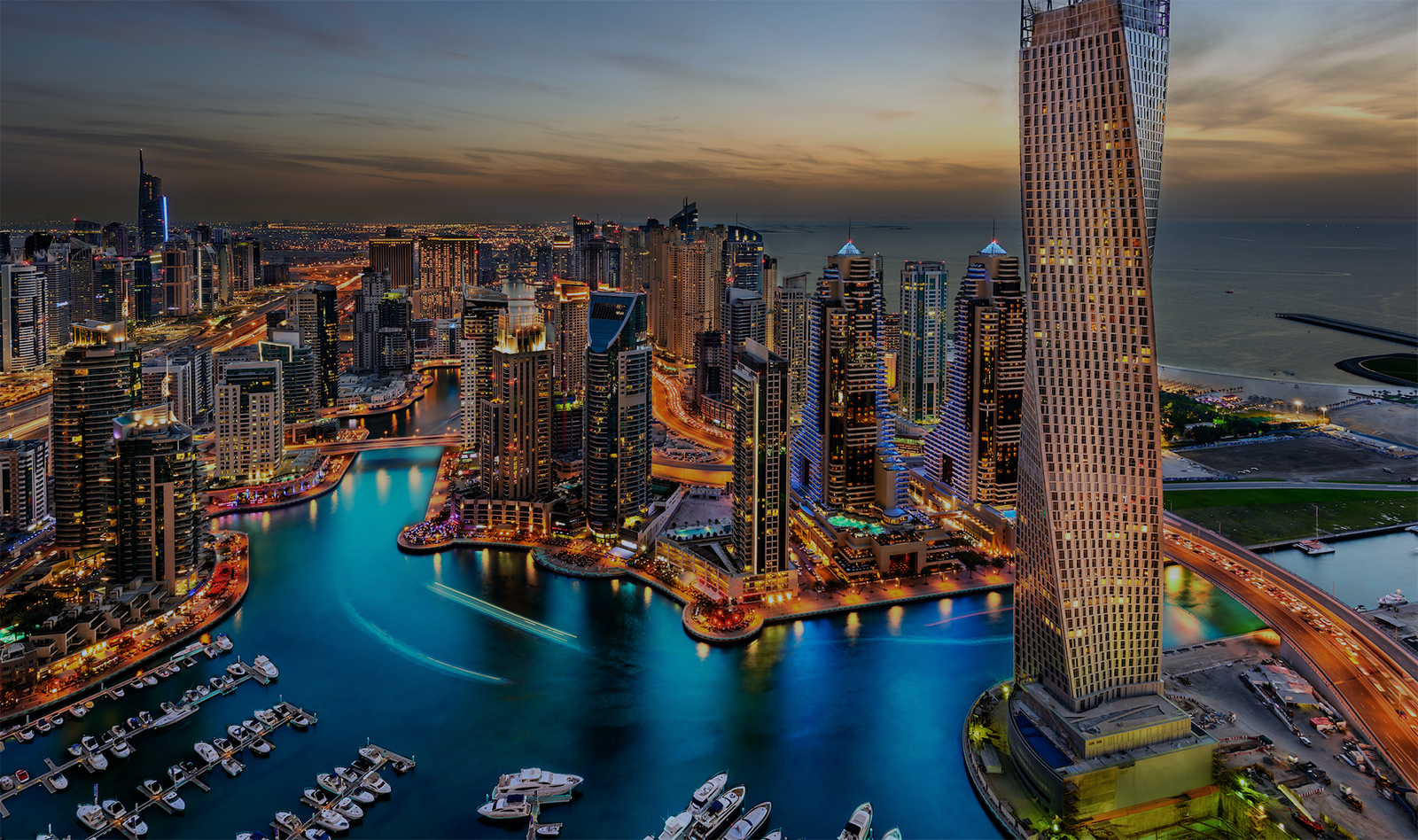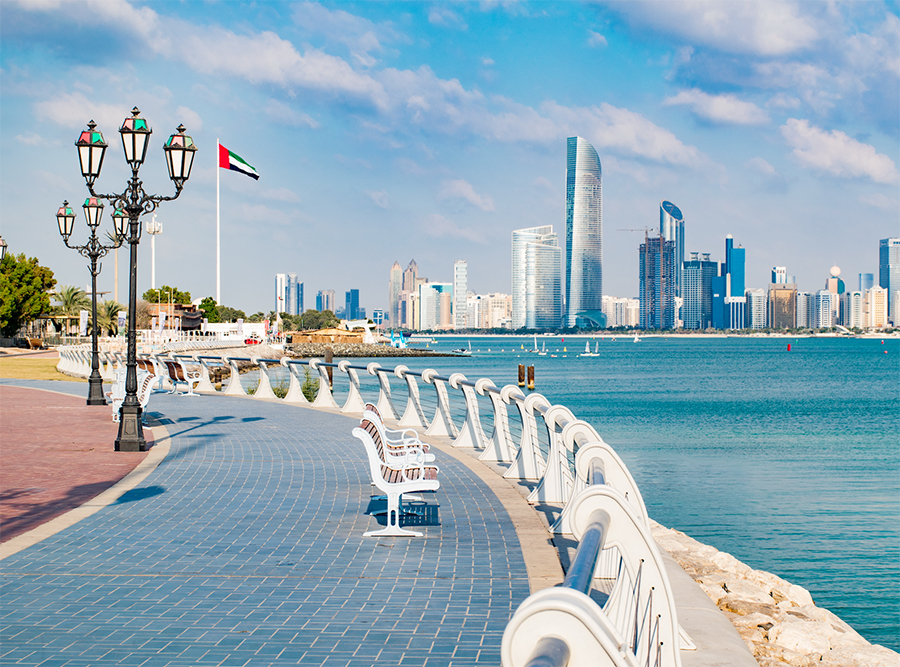
Over the last decade, the Middle East’s capital of commerce has consolidated its position as one of the world’s most important global centres for trade, business, finance and investment. That position is buoyed by the United Arab Emirates’ (UAE’s) unbeatable location between Asia, Europe and Africa, its openness to international business and partnerships, and its huge ongoing investment in diversifying from oil and gas to build a dynamic economy based on cutting-edge innovation, knowledge, technology and digitalisation.
Predicted to see GDP growth exceeding 4 percent this year, UAE’s public and private sectors have accelerated their investment plans during the pandemic, with the aim of doubling the size of the country’s economy to $817 billion within 10 years. In 2020, for instance, deals and partnerships were made with international enterprises across all sectors, with a notable emphasis on emerging technologies for areas such as industry 4.0, finance, transportation, renewable energy, agribusiness, health, ICT and new innovative sectors, as well as the modernisation of UAE’s fossil fuel industry and infrastructure.
Strengthened by sovereign wealth funds worth around $1.3 trillion, in September UAE announced another new initiative: Projects of the 50. Coinciding with the country’s 50th anniversary, this package of programmes will drive its ambition to become a leading global player in sectors of the future by investing not just in those advanced industries directly but in areas that support them, such as education.

As UAE’s economy continues to thrive, so does the wealth of its 10-million-strong population, around 85 percent of whom are expatriates. As a result, demands for high-quality international goods, services, real estate and other investment opportunities are on the rise. It is estimated that outward-bound travel and tourism, for example, will grow at a CAGR of around 19 percent a year to hit over $30 billion by 2028.
UAE’s governments and companies are also boosting their international footprint in a wide variety of sectors, with their outward investments reaching $19 billion in 2020, making the country the world’s 13th-biggest investor in other nations’ economies. Focused on deepening trade ties across the world even further, this year the government has been developing economic agreements with countries in Asia, Africa and Europe that will include public- and private-sector investments, government procurement, trade of services and goods, research and development. Many more partnerships are expected in the near future as the UAE looks to grow its cumulative FDI outflow 14 percent by 2030.

